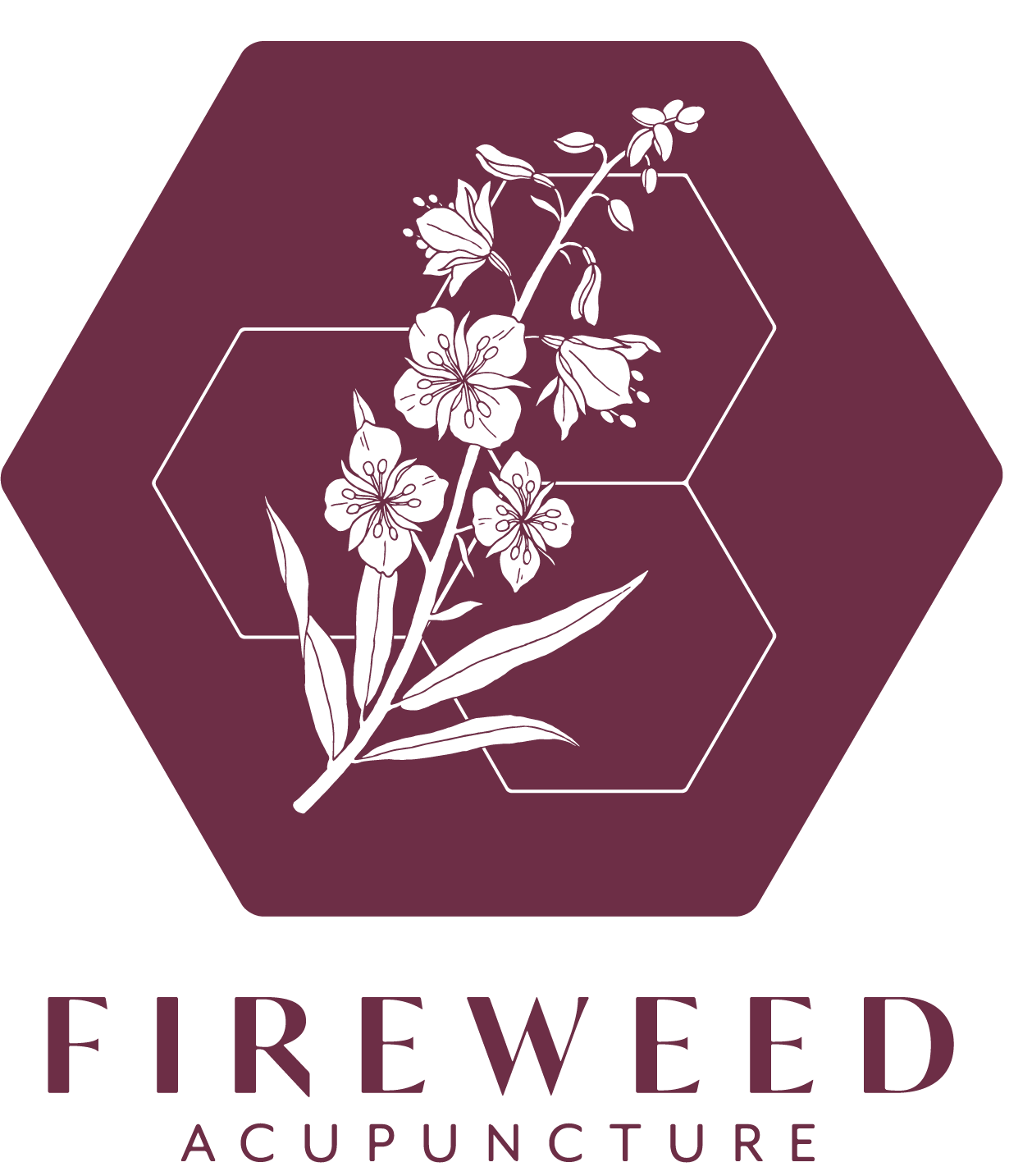Summer, Joy, and Chinese Medicine
Here is an excerpt from a recent newsletter! In each newsletter, in addition to clinic updates, I share a bit more about Chinese medicine and how it is connected to our lives. If you like this information, click here to sign up to receive the newsletter! - Kate
“Joy is not a function of a life free of friction and frustration, but a function of focus — an inner elevation by the fulcrum of choice. So often, it is a matter of attending to what Hermann Hesse called (...) “the little joys”; so often, those are the slender threads of which we weave the lifeline that saves us.”
- Maria Popova in The Marginalian
I had originally intended to write about something else entirely for this newsletter, but then the topic of joy kept popping up, so here we are! In Chinese medicine, we often say the emotion for Summer is Joy. And, yes, it is. But, as with everything in Chinese medicine, it is not just a concept in isolation; it is joy in connection or in relation to something. Connection to people, to our environment, to nature, to our purpose. We may have a moment of joy when we notice a blooming flower, share laughter with someone, or taste something delicious. Joy is different than happiness: joy is often a fleeting or momentary reaction to something, whereas happiness is more of an emotion or mood.
In her recent newsletter, Lisa Olivera shared a picture of a button that said, "Don't postpone joy" (Memorabilia with that phrase has an interesting backstory, too!) and talks about how finding and choosing joy in the world right now is often a struggle. This lines up with a lot of the conversations I am having with people lately! But, she reminds herself to continuously come back to choosing joy, choosing to be hopeful. (If that is something that interests you, Rebecca Solnit talking about hope is my go-to reminder.)
You are probably familiar with the idea of a "trigger," or something that makes us feel stress or trend towards fight-or-flight mode. But, less commonly known is the contrasting idea of a "glimmer," or something that we find soothing and calming. They are small things, rather than elaborate plans, and once we know what they are, we can better arrange our days and weeks to have more of them. When I hear about "choosing joy" or noticing joy, especially in small things, I am always reminded of the idea of a glimmer.
John Kirkwood, in his book The Way of the Five Seasons, reminds us that, rather than finding the emotion that resonates with the current season to be easy, it's often the time people struggle with it. And, we are so busy in summer; when do we slow down to take the time to notice the things that bring us joy? Even in our rush of activity and fun and celebration of summer, we can experience the other seasons' emotions: anger or resentment at our schedule, grief or melancholy that summer is passing quickly, etc. (Poke Acupuncture writes about this, too). Kahlil Gibran's poem On Joy and Sorrow reminds us that Joy and Sorrow are linked, and we can't feel one without the other - and Chinese medicine agrees, connecting Joy, Fire, and Summer to Grief, Metal, and Autumn on the seasonal cycle (here's a visual!).
Don't get me wrong: we don't owe it to anyone to be happy or joyful. It can be really difficult to avoid feeling hopeless with much of what is going on in the world right now, in addition to the struggles we may have in our own lives. But, to quote Rebecca Solnit from Hope in the Dark, "Joy is a fine act of insurrection," and choosing to slow down and notice joyful moments, even in the midst of everything, is crucial to our ability to persist through the struggles.
There's obviously lots more to say about the topic, but this is what I will end with for now: in Chinese medicine, the virtue tied to Joy, Summer, and Fire is Li 禮, which has several translations: proprietary, ritual, ceremony. In this case, one aspect it is referring to is being present and feeling connected to this moment. When we take the time to pay attention and notice what is happening around us, we often feel those flashes of joy. When was the last time you took the time to really notice a bird call, observe the way the sunlight hits the leaves of trees, enjoy a scent, feel gratitude for something - to cultivate joy?
The choice of "cultivate" here is intentional and often pops up in Chinese medicine practices, such as Qi Gong. Cultivation is a purposeful practice - choosing to do something regularly to bring about the result you are looking for. This is not a passive "I hope this one day finds me" feeling! So, this summer, I invite you to find ways to cultivate your joy, rather than postpone it for a more convenient time. Take the time to notice the small things, to feel gratitude, to seek connection to whatever feels good to you.
My advice to the person suffering from lack of time and from apathy is this: Seek out each day as many as possible of the small joys, and thriftily save up the larger, more demanding pleasures for holidays and appropriate hours. It is the small joys first of all that are granted us for recreation, for daily relief and disburdenment, not the great ones.
- Hermann Hesse, quoted here




